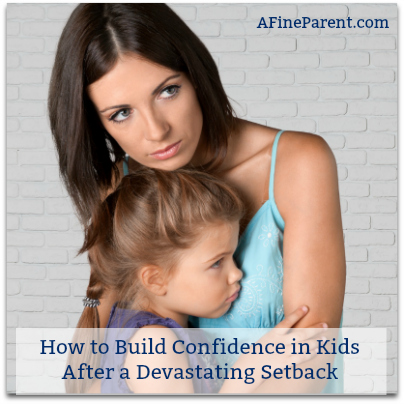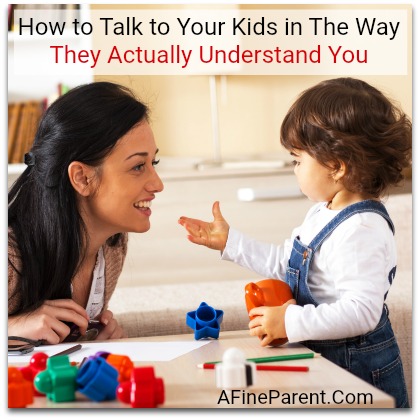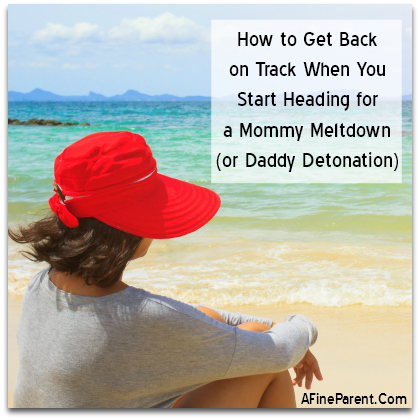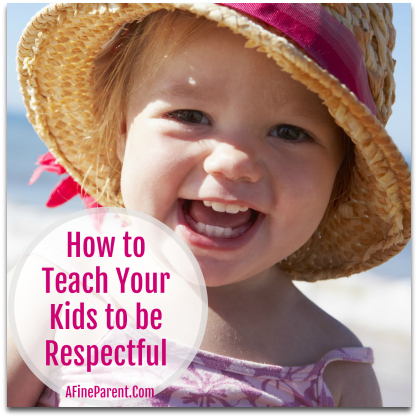 It was the beginning of the school year and my son was learning Algebra. It was not going well.
It was the beginning of the school year and my son was learning Algebra. It was not going well.
“Mom, I’m just no good at this!”
“Sure you are, honey. You just need to try harder.”
“But I’m never going to get it!”
We’ve all been right here. Our child is frustrated with homework and we want to help. Don’t you just wish you could say a magic word and make it better?
What if I told you there actually is a magic word?
Really. There is a magic word that is going to save us from disaster.
A small word.
Tiny.
In fact, it’s only 3 letters.
YET.
An adverb meaning: Up until the present or a specified or implied time.
YET. Such simple word, but oh-so magical. The power and magic of YET lies in the core of its’ meaning: Up until now. My son might not understand Algebra, but he will! He just hasn’t understood it up until now.
 It is hard to keep your confidence and self-esteem intact after suffering a major setback yourself.
It is hard to keep your confidence and self-esteem intact after suffering a major setback yourself.
 I was three years old the first time that I was sent to my room as a punishment.
I was three years old the first time that I was sent to my room as a punishment. Racing around the house, tensions are mounting, and the clock in my head is ticking louder and louder.
Racing around the house, tensions are mounting, and the clock in my head is ticking louder and louder. As a parent, you long to be respected by your kids. And you want to be proud of their respectful behaviour when you are out and about. Right?
As a parent, you long to be respected by your kids. And you want to be proud of their respectful behaviour when you are out and about. Right?